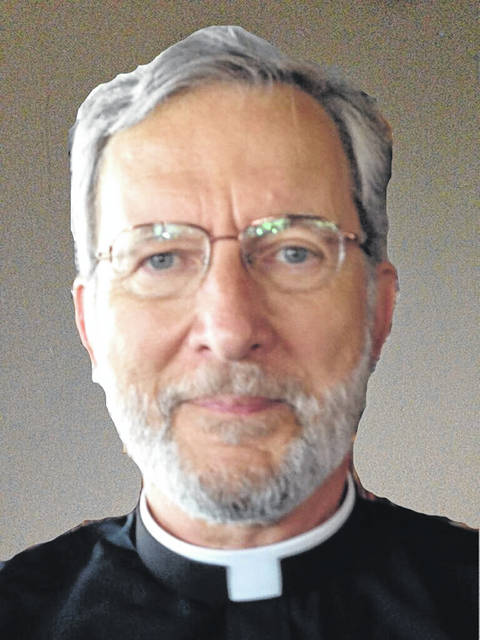
Jesus knew what He was doing when He chose Paul to become an extraordinary evangelist. Paul is probably one of the only apostles who could have addressed the philosophers in Athens, Greece, that day at a centuries-old philosophical club known as the Areopagus. Upon that auspicious occasion, the apostle Paul may not have converted many people during his excursion into Athens, but this account has been formative to me and countless others since.
Waiting for his colleagues, Silas and Timothy, to arrive in Athens, Paul may have been caught off guard when speaking out in the Agora (marketplace) about Jesus and salvation. A group of Athenian philosophers contested what Paul was saying. They decided to test his knowledge with some well-seasoned philosophers. They took him to speak to the Areopagus, the premiere venue in Athens for sharing new ideas with the citizens of Athens. Here, Paul could share his zeal for the Gospel with men who spent their days listening and sharing new ideas. He would find out soon, however, that the primary aim of this forum was to simply listen to new ideas, not to take any action.
Paul’s knowledge of Jewish law and scripture were expert, as well as having great knowledge of the gentile world. He knew the beliefs, practices, and the history of Greece and its people. While perusing the area, Paul noticed that the Greeks had an altar or memorial dedicated to a pantheon of gods. There was a god for all occasions. In fact, Paul noticed an altar dedicated to “An Unknown God.” Paul saw the opportunity to point out the truth behind the “Unknown God,” the one in whom everything is contained. He was not going to lose the opportunity to point out how their unknown god was in fact the same God that Paul travels the world to make known.
The philosophers that participated in the Areopagus were primarily interested in the mental exercise of sharing new ideas. If they liked what was said, it would possibly be added to the collection of Greek ideas.
As cited in the Acts of the Apostles 17: 24-28, Paul pointed out to them:
“The God who made the world and everything in it is the Lord of heaven and earth and does not live in temples built by human hands. And he is not served by human hands, as if he needed anything. Rather, he himself gives everyone life and breath and everything else. From one man he made all the nations, that they should inhabit the whole earth; and he marked out their appointed times in history and the boundaries of their lands. God did this so that they would seek him and perhaps reach out for him and find him, though he is not far from any one of us. ‘For in him we live and move and have our being.’ As some of your own poets have said, ‘We are his offspring.’”
Paul suspected that the Greek philosophers would recognize these phrases. First was the case of poet Epimenides (600 BC), who used the phrase, “For in thee we live and move and have our being,” in a famous poem. Also, poet Aratus (315-240 BC) used the term, “For we are also his offspring,” in a famous poem.
It was these references that Paul may have hoped would gain enough credibility to have slowed his being shown the way out. As it turned out, “when they heard about the resurrection of the dead, some of them sneered, but others said, we want to hear you again on this subject. A few men became followers of Paul and believed. Among them was Dionysius, a member of the Areopagus, also a woman named Damaris, and a number of others.” (Acts 17:32-33)
The good news to me and many worldwide is that these phrases live in Christian consciousness for all time.


